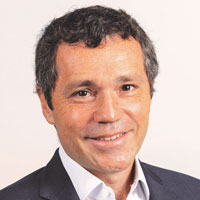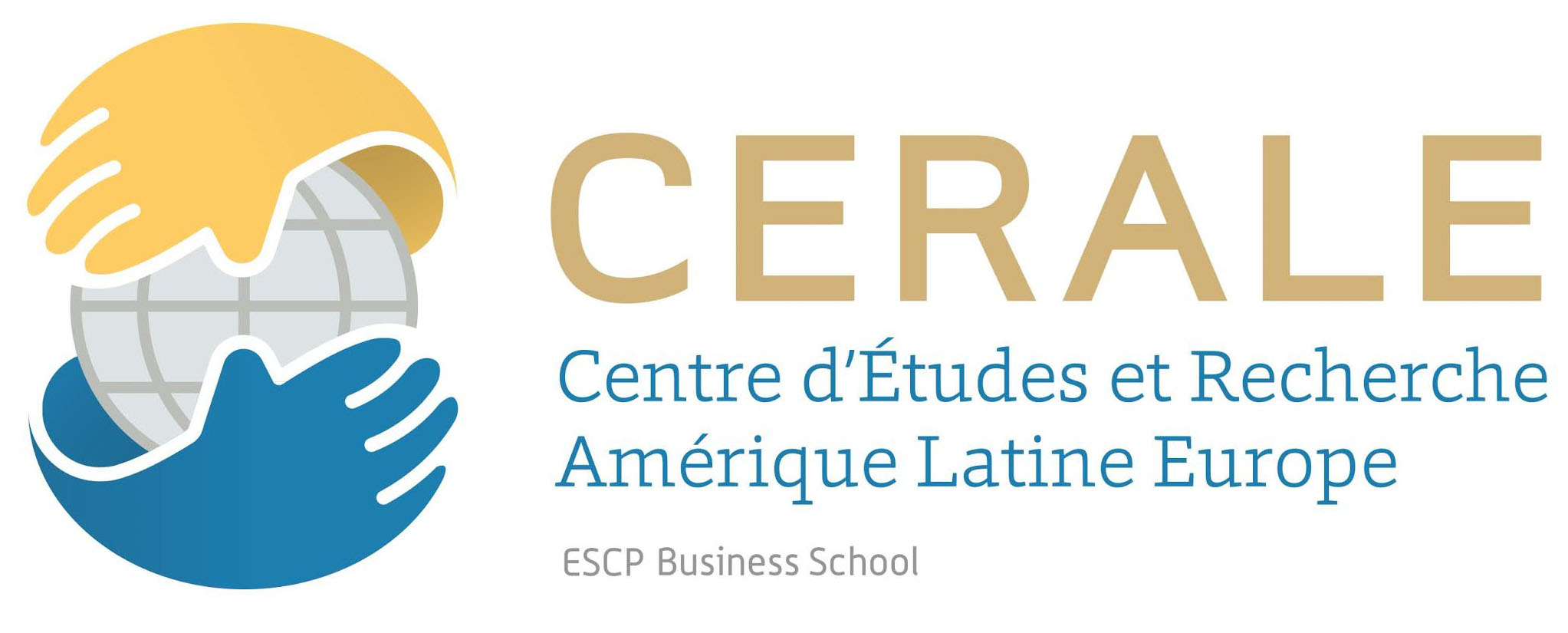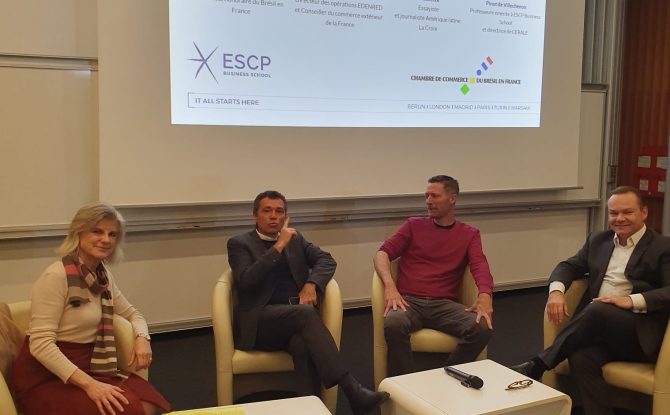Cette conférence-débat organisée par CERALE et les Conseillers du Commerce extérieur de la France est un événement soutenu par la CCBF (Chambre de Commerce du Brésil en France). Pour s’inscrire : https://escp.eu/events/bresil-france-un-nouveau-depart
Le Brésil, un partenaire de premier plan
Le changement de cycle politique au Brésil, avec le retour de Luiz Inacio Lula da Silva à la tête de l’exécutif, crée un tout nouveau cadre pour les relations de la France, voire de l’UE, avec le géant sud-américain.
Le président Lula devrait mettre en œuvre ses promesses de campagne sans compromettre les «fondamentaux» qui font du Brésil un acteur du jeu multilatéral et un partenaire économique de premier plan.

Intervenant
Charles-Henry
Chenut
Avocat
et Consul honoraire du Brésil en France

Intervenant
Gilles
Coccoli
Directeur des opérations EDENRED
et Conseiller du commerce extérieur de la France

Intervenant
Gilles
Biassette
Essayiste
et journaliste Amérique latine
La Croix

Modérateur
Florence
Pinot de Villechenon
Professeure émérite à ESCP Business School
et directrice de CERALE



